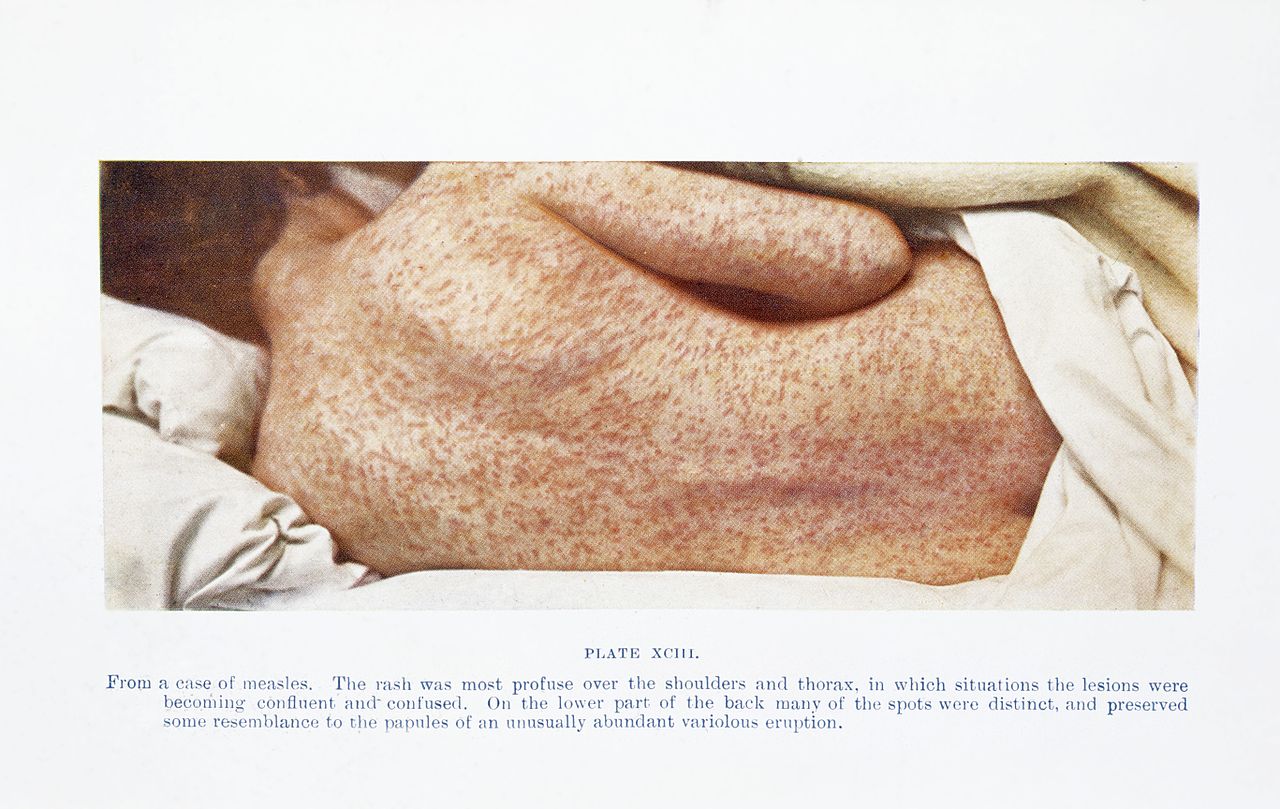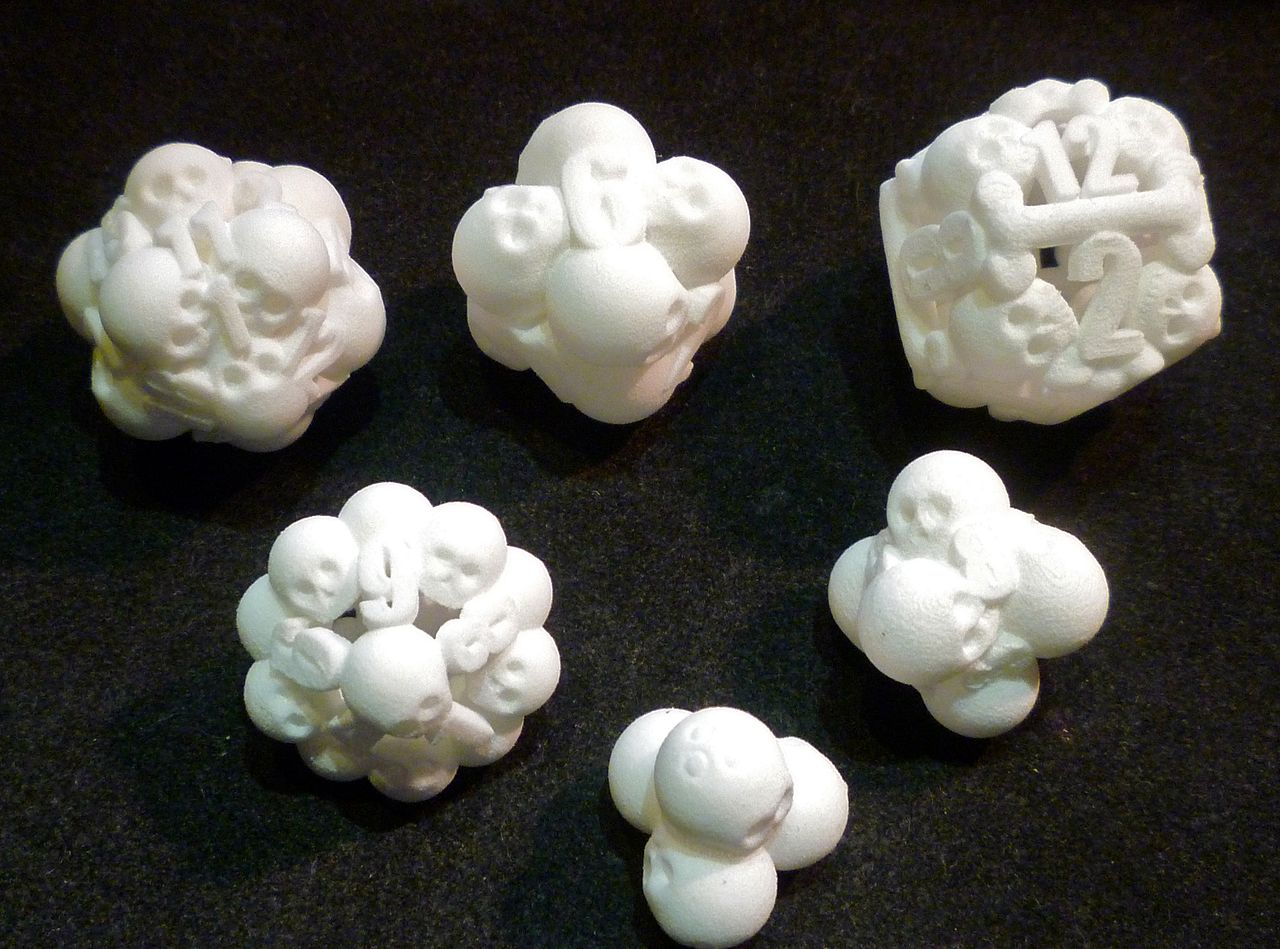Category: Basic Science
“Aborted fetal tissue” and vaccines: Combining pseudoscience and religion to demonize vaccines
As hard as it is to believe after seven and a half years of existence and nearly 2,400 posts on SBM, every so often, something reminds me that we here at SBM haven’t discussed a topic that should be discussed. So it was a couple of weeks ago, when I saw a familiar name in a news story that wasn’t about vaccines....
The 21st Century Cures Act: The (Somewhat) Good, The (Mostly) Bad, and The (Very) Ugly
The approval of new drugs and medical devices is a process fraught with scientific, political, and ethical landmines. Inherent in any such process is an unavoidable conflict between rigorous science and safety on the one side, which tend to slow the process down by requiring large randomized clinical trials that can take years, versus forces that demand faster approval. For example, patients...
ASEA, ORMUS, and Alchemy
I got an e-mail from a woman who had read my article on ASEA, a multilevel marketing diet supplement that I characterized as an expensive way to buy water. She had not tried ASEA products but was applying for a position as an accountant with the company, and she chastised me for not doing my due diligence and researching the new science...

Aging and Longevity: Science for Spring Chickens
We’re all going to die, but we don’t like to think about it. I’ll reach the proverbial threescore years and ten next month, so I’ve been thinking more about it, wishing I knew some reliable way to ensure that I would live many more years and remain fully functional until I suddenly collapsed like the Deacon’s wonderful one-hoss shay. There are myriad...

The measles vaccine protects against more than just the measles
One of the disadvantages of writing for this blog is that sometimes I feel as though I spend so much time deconstructing bad science and pseudoscience in medicine that I’m rarely left with the time or the opportunity to discuss some interesting science. Of course, even when I do that, usually it’s in the context of that very same bad science or...
Angelina Jolie, surgical strategies for cancer prevention, and genetics denialism (revisited)
Sometimes, weird things happen when I’m at meetings. For example, I just got home from the Society of Surgical Oncology (SSO) meeting in Houston over the weekend. Now, one thing I like about this meeting is that, unlike so many other meetings these days—cough, cough, ASCO, I’m looking at you—at the SSO there wasn’t a single talk I could find about “complementary...
Psychology Journal Bans Significance Testing
This is perhaps the first real crack in the wall for the almost-universal use of the null hypothesis significance testing procedure (NHSTP). The journal, Basic and Applied Social Psychology (BASP), has banned the use of NHSTP and related statistical procedures from their journal. They previously had stated that use of these statistical methods was no longer required but can be optional included....
Skeptic’s Guide to Debunking Claims about Telomeres in the Scientific and Pseudoscientific Literature
The New Year starts with telomeres as the trendiest of trendy biomarkers. As seen in Time, telomeres are the means to monitor our well-being so we can protect ourselves from all sorts from threats, including early death. A skeptic needs to do considerable homework in order to muster the evidence needed to counter the latest exaggerated, premature, and outright pseudoscientific claims about...

Is cancer due mostly to “bad luck”?
One of the more difficult conversations to have with a patient as a cancer doctor occurs when a patient, recently informed of her diagnosis of, for example, breast cancer, asks me, “Why did I get this? What caused it?” What almost inevitably follows is an uncomfortable conversation in which explanations of the multiple known causes of breast cancer do not satisfy the...


